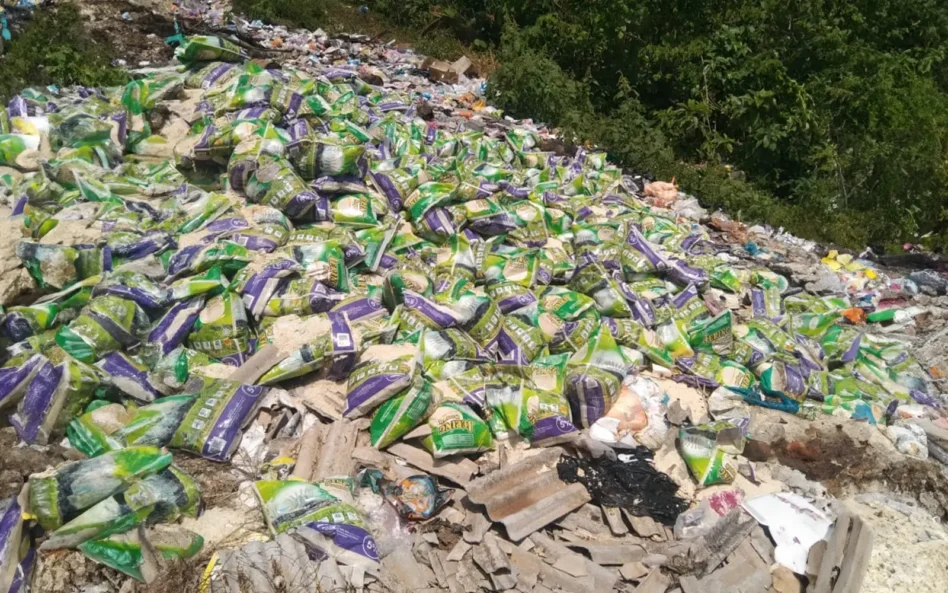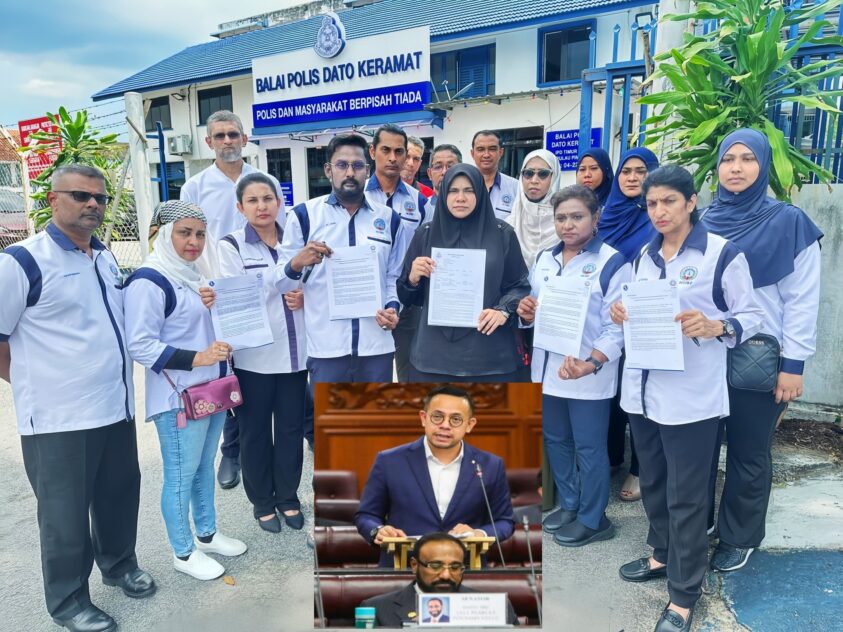
By Chee Jo-Ey
SOCIAL entrepreneurship in Malaysia is still at a nascent stage. Even though social enterprises have exciting potential, there is low awareness about them.
They face challenges in getting access to funding, community and institutional support.
The Social Enterprise Accreditation (SEA) programme was rolled out in April 2019 by the Ministry of Entrepreneur Development to help social enterprises gain access to various forms of support that could include tax exemption in the near future.
Consumers the world over are becoming more conscious of social issues and are selective about products they purchase as they seek companies that do more than just turn in a profit.
Unlike traditional business models, a social enterprise aims to maximise profits and at the same time pursue objectives that benefit society and the environment.
Although profit earning is not the primary goal of a social enterprise, it does generate its own revenue, placing priority in reinvesting the profits into its social initiatives that can range from providing low-cost housing to the underprivileged to contributing supplies to students.
Making art with the underprivileged
One such social enterprise is Earth Heir, which started operations in 2015. It works with local artisans and refugees to create lifestyle products like bags and accessories.
It is one of only two World Fair Trade Organisations (WFTO) in Malaysia.
Earth Heir CEO Wong Xiao Cheng says, “We want to share with the world the value of the craftsmanship these artists can bring to the scene.
“We work with underprivileged artisans to create products that are available for purchase on our website and in our studio in Ampang.
“We are a certified member of the WFTO and our products are traded fairly, and endmakers or artisans including refugees are guaranteed a fair wage.
“Our products are also sold on Malaysia Airlines flights and online shop. We do pop up shops as well once in a while,” adds Wong.
Earth Heir also partners with corporate clients such as Khazanah Nasional and the British Council which look to create a sustainable impact for artisans.
“The products we create are of premium quality and we have plenty of modern and exclusive pieces.
“We want to let people know that Malaysian artisans have the skills to make world-class products as well.
“We try as much as we can to source materials locally and work with natural fibres like mengkuang, rotan and ribu-ribu. So, our products definitely have a touch of Malaysian heritage,” Wong adds.
The social enterprise’s target market is anyone who appreciates handmade products and is culturally and environmentally conscious, as well as companies that want to push for greater sustainability.
“We make sure that our products have a long life span. The price range for Earth Heir’s bags is from about RM190 to RM490; from RM149 to RM300 for jewellery; from RM15 to RM300 for accessories.
“We also have VIP products that range from RM800 to over RM1,000 that feature rare craftsmanship, so every piece is unique,” explains Wong.
The social enterprise wants its products to reach the masses. so it has quite a wide price range.
Its bestsellers are the bags and jewelleries while hot items for its corporate clients include laptop cases and notebook covers handwoven by orang asli or local artisans.
“We also release our pricing transparency on our website. We have a breakdown of the percentage that goes to artisans, packaging, delivery, retailer’s margin and our own margin on average,” says Wong.
The company is not aiming for high margin and its financial aim is mainly sustainability.
“We have broken even every year since 2017. We’re looking to expand to markets outside Malaysia and work with investors and see how we can bring this to the next level in 2020,” adds Wong.
Challenge in finding a balance
Over the years, the enterprise has focused on building a strong foundation by learning about the nature of the materials it wants to use and the artisans it works with.
Now it would like to grow its brand awareness and have more distribution channels. So it is looking to raise some capital to achieve that.
It is also starting to see younger consumers as well showing an interest in its products.
“We’ve been approached by impact investors from overseas,” says Wong.
“In Malaysia, while there are a lot of programmes to help people start a social enterprise, there is not much support for the growth stage social enterprise and this is where we are at now.
“We are looking for partnerships that can guide us on our foray into new markets and help us scale in a larger way,” Wong adds.
Asked about challenges being faced, Wong says a constant struggle for a social enterprise is finding the balance between profit earning and the social objectives.
“Impact is our number one priority but finance is also important to keep our business running.
“In Malaysia, while a lot of people are starting to learn about social enterprises, there are still people who misunderstand what we are and do not regard us as a business that needs financial sustainability as well,” she adds.
“There is little understanding of social entrepreneurship in Malaysia though this is growing. One key way how social enterprises can become a bigger part of the Malaysian economy is increased awareness of impactful and ethical procurement.
“If companies really want to create change, they need to pore through their internal operations and figure out where they can practise more impactful sustainability, and this includes looking into their suppliers and the items they are procuring,” says Earth Heir founder and director Sasibai Kimis.
According to Sasibai, the artisan sector is the second largest sector after agriculture with the potential to reduce poverty in developing countries.
Earth Heir also works with development agencies like the UN High Commissioner for Refugees (UNHCR) and World Wildlife Fund (WWF) to train artisan communities on production, design and pricing so they can be independent and sell their products directly to their clients.
“Rather than make a one-off cash contributions, which does not really improve the livelihood of the community, we help the community improve their products and earn their own living,” Sasibai says.









